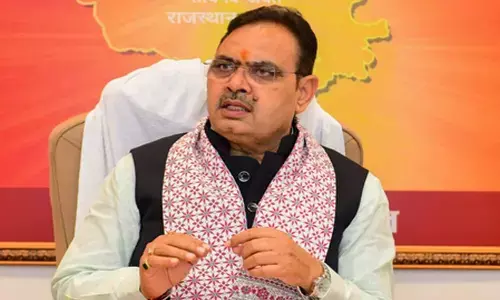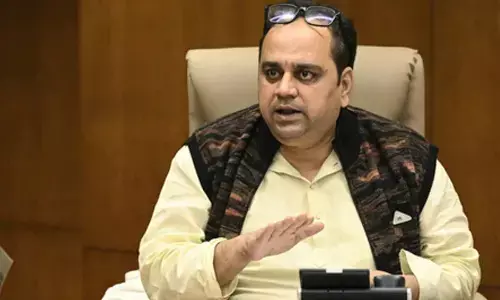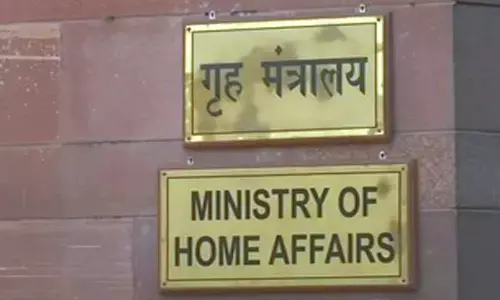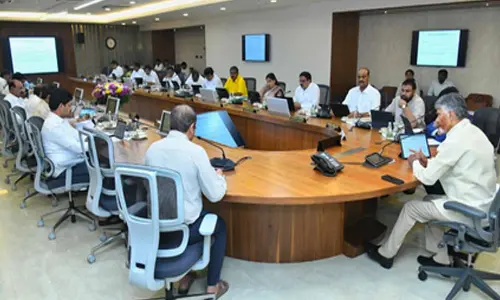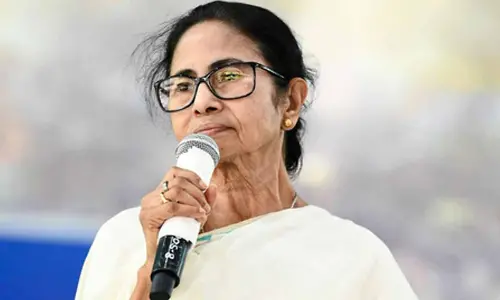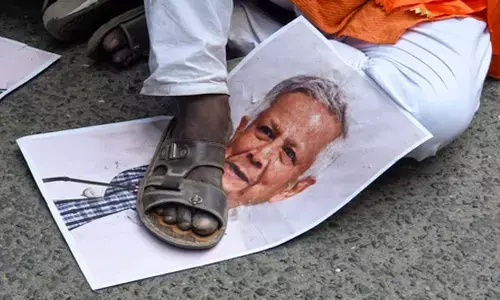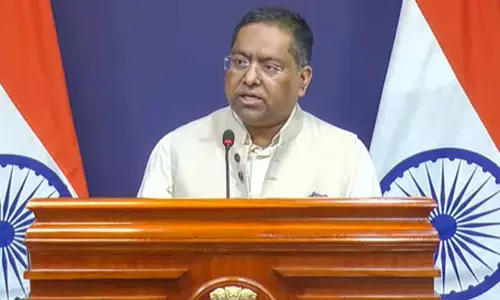Rich gains in the pipeline
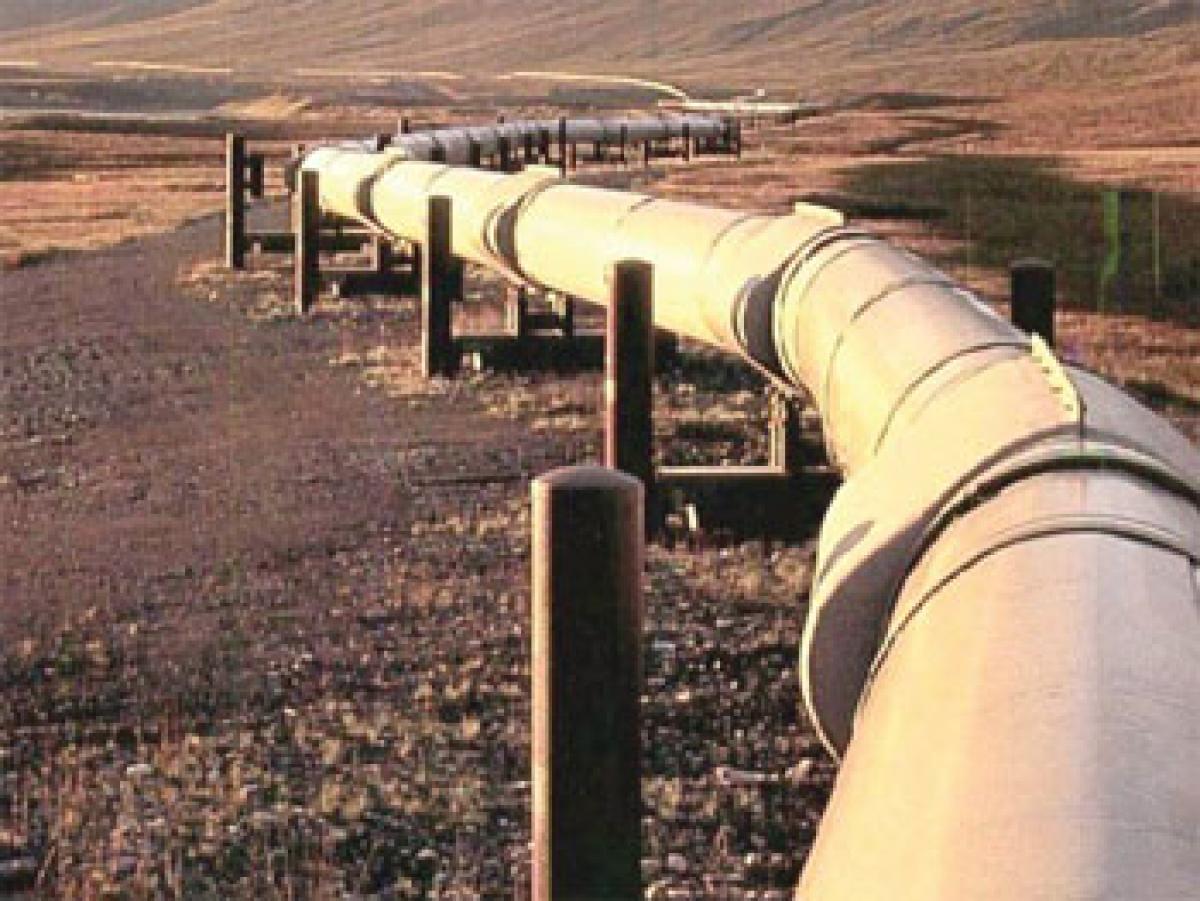
At last the much delayed Turkmenistan, Afghanistan, Pakistan, India (TAPI) gas pipeline is becoming a reality. The ambitious project is historic for many reasons. It connects South Asia and Central Asia separated by colonial rule.
 At last the much delayed Turkmenistan, Afghanistan, Pakistan, India (TAPI) gas pipeline is becoming a reality. The ambitious project is historic for many reasons. It connects South Asia and Central Asia separated by colonial rule.
At last the much delayed Turkmenistan, Afghanistan, Pakistan, India (TAPI) gas pipeline is becoming a reality. The ambitious project is historic for many reasons. It connects South Asia and Central Asia separated by colonial rule.
It’s a sort of a revival of the historic silk route that saw the cross border trade in the ancient times. The nations of these two regions share a common history, culture and destiny. Thus, the TAPI pipeline is a reinvention of this historic legacy. Besides, the gas pipeline has many economic benefits for the countries in the region as it meets about 15 per cent of projected gas demand in India.
Ensuring uninterrupted energy supplies to energy-hungry and energy imports-dependent country is vital for a sustained economic growth. More so, at a time when the Indian economy is undergoing a transition from oil to gas-based economy. The gas pipeline can also meet 25 per cent of Pakistan’s requirements.
Turkmenistan is the fourth largest gas-producing nation in the world. The Galkynysh field from which the pipeline shall draw the gas is the second largest hub in the world. This ensures abundant supply to meet the demand in the downstream countries.
The 1,700-km-long pipeline would be in operation by 2020s. The TAPI pipeline offers many strategic benefits, too. The two hostile neighbours – India and Pakistan – would then be connected by critical infrastructure that binds their common destiny. Such an economic integration has a potential to redefine bilateral relations, setting aside intractable border disputes.
But such cross border co-operation is confronted by cross border terrorism. The Islamic militant, terrorist groups that are active in Af–Pak border can always pose a serious threat to such a critical infrastructure. However, strategic experts say that the pipeline passes through areas of Afghanistan which are relatively less prone to Taliban.
But, Pakistan which has shared stakes in TAPI should have to choose between promoting terror elements and ensuring energy supplies. Hope that India, Pakistan and Afghanistan, having common interest in realising this $10 billion pipeline, would be bound to strive for peace, security, stability and development in the troubled region.
Access to external energy fields is vital for India. India has been trying to ensure this access from far away energy fields in Russia, Sudan etc. The TAPI makes eminent economic sense, given the fact that the political and strategic constraints denied India an access to an abundant energy hub quite nearer to the country.
The government’s decision to abandon the Iran–Pakistan –India (IPI) gas pipeline and go for TAPI raises several questions. In fact, IPI is more beneficial to India as compared to TAPI in many ways. The cost of the TAPI pipeline is about $10 billion while the IPI pipeline would have cost only $7 billion.
The IPI project has less security concerns than the TAPI as the latter passes through more volatile regions that include Afghanistan along with Pakistan. The cost of Turkmenistan gas is also costlier than the Iranian gas. Still, the Government of India buckling under the United States pressure chose to give up IPI. While welcoming the TAPI, one cannot forget the costly mistake of shelving the IPI.
Editor: Prof K Nageshwar
Woman injured in stabbing attack in Tokyo, suspect at large
Bengal cop booked for murder over mysterious death of woman home guard, SIT to probe case
Staffer recalls horror of 7-kg gold robbery by armed gang in Karnataka’s Hunsur
25-Year-Old Airline Cabin Crew Member Dies At Gurugram Party; Police Begin Investigation








